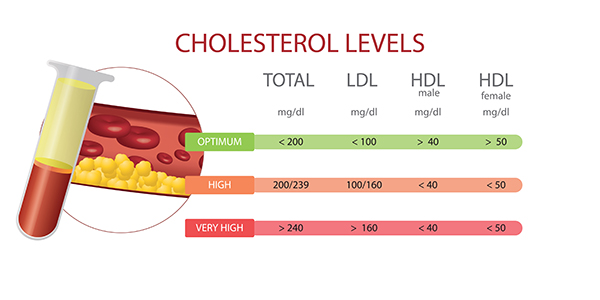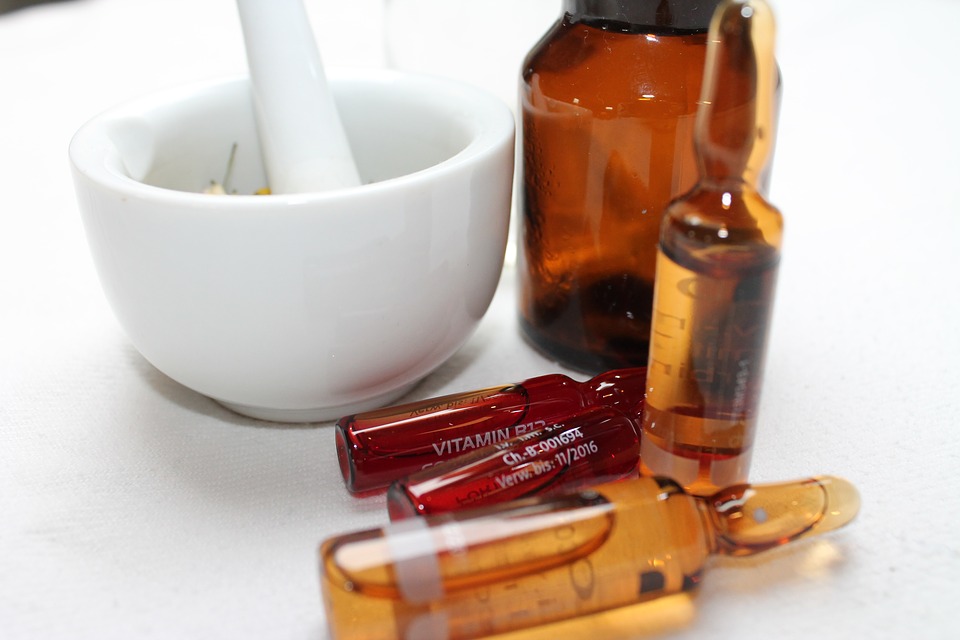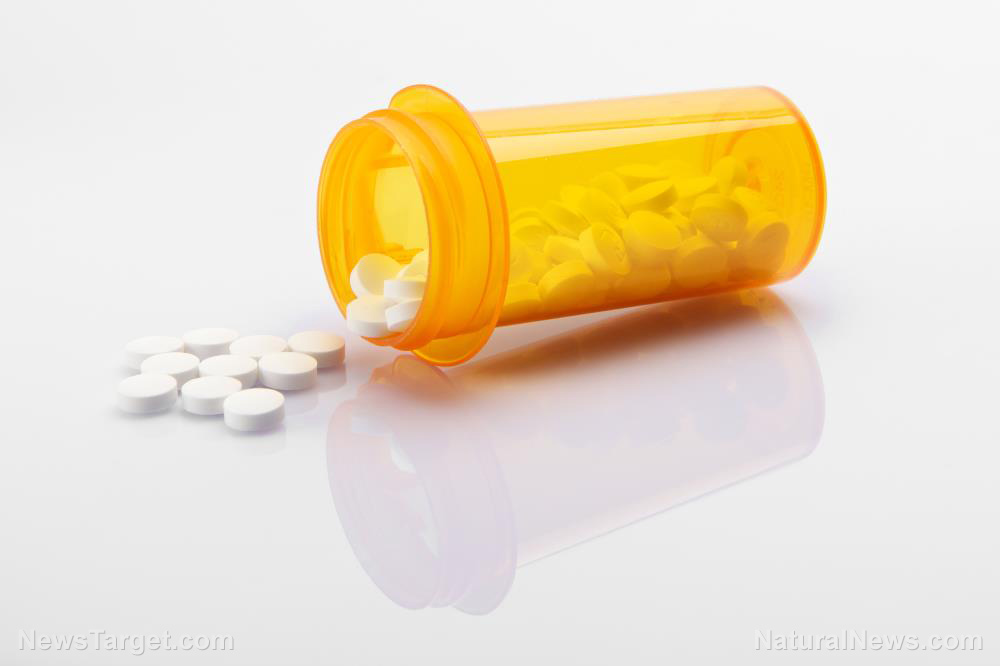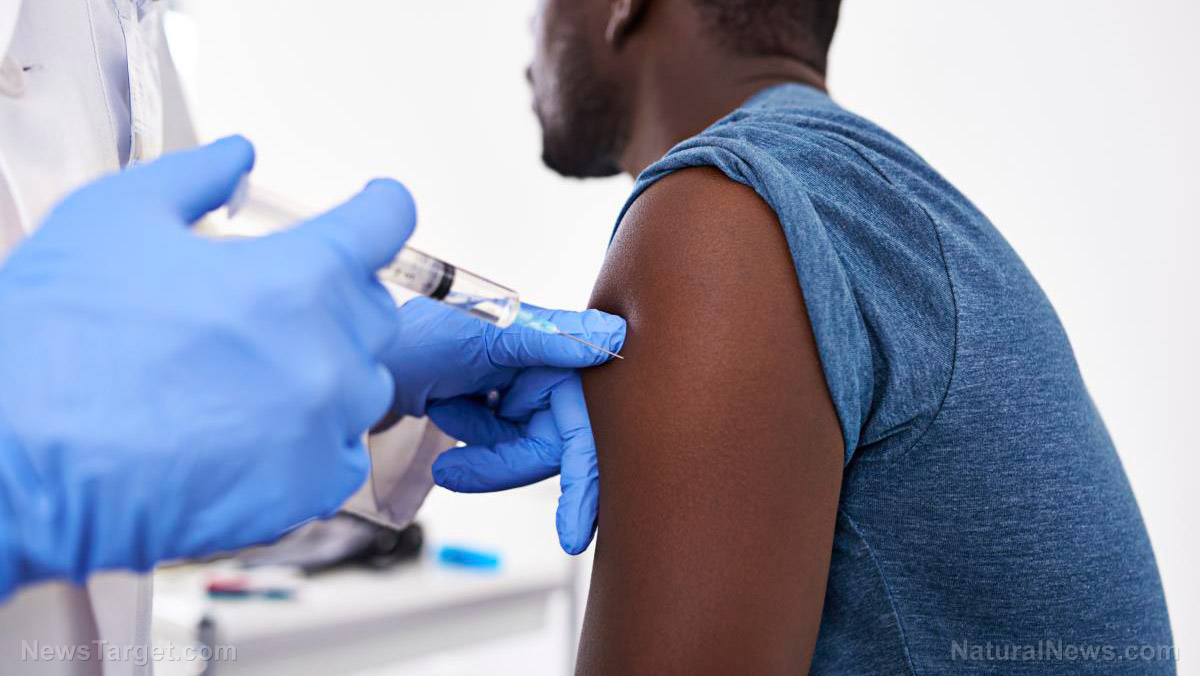DIABETES SHOCKER: JAMA published mind-blowing study conducted on diabetes drug that skyrockets patient’s risk of heart attack by 13%
07/29/2025 / By S.D. Wells
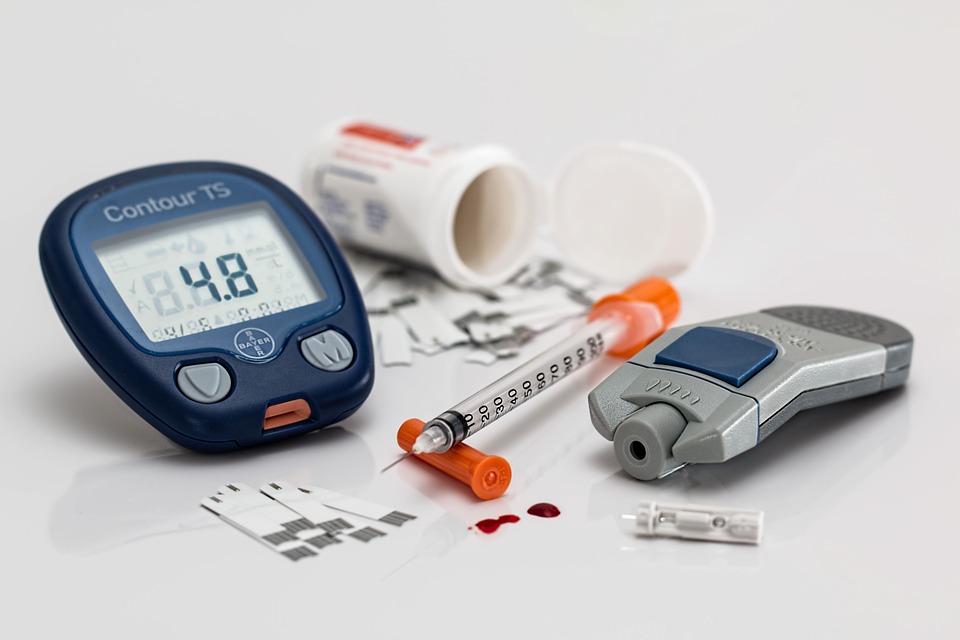
Got heart problems? It’s probably one of two things, or both: Your diabetes medication or the Covid clot shot(s) you got. Do the research and you’ll see the science is there.
Millions of Americans rely on affordable diabetes medications to control blood sugar, but a major new study from Mass General Brigham has uncovered troubling findings about one of the most widely prescribed diabetes drugs in the U.S. – glipizide. According to research published in JAMA Network Open, glipizide is associated with a 13 percent higher risk of major cardiovascular events compared to newer alternatives, posing significant concerns for the long-term heart health of patients with Type 2 diabetes.
- Popular diabetes drug glipizide linked to higher heart risk: A large-scale study of nearly 50,000 patients found that glipizide, a commonly prescribed sulfonylurea for Type 2 diabetes, is associated with a 13 percent higher risk of major cardiovascular events compared to DPP-4 inhibitors.
- Not all sulfonylureas are equal: While glipizide showed the highest cardiovascular risk (9.1 percent over five years), other sulfonylureas like glimepiride (8.6 percent) and glyburide (8.4 percent) had smaller, less statistically significant risks — challenging the idea that all drugs in this class are interchangeable.
- Real-world data strengthens findings: Researchers used electronic health records and insurance data from 10 U.S. sites to assess cardiovascular outcomes like heart attacks, strokes and heart failure, making this one of the most comprehensive studies of its kind.
- Heart risks may stem from drug effects beyond the pancreas: Although glipizide primarily targets blood sugar, it may also impact heart receptors, potentially weakening the heart’s ability to protect itself under stress — though the exact mechanism remains unclear.
Popular diabetes drug linked to 13% higher heart attack risk in major study
The study, led by Dr. Alexander Turchin of Brigham and Women’s Hospital, analyzed data from 48,165 patients with type 2 diabetes and moderate cardiovascular risk. All participants were on metformin as their base therapy and were tracked over a five-year period.
Patients were grouped based on the second medication they began using: glipizide, glimepiride, glyburide (all sulfonylureas) or DPP-4 inhibitors (a newer drug class). The research drew from real-world health records and insurance claims data through the BESTMED consortium, making its findings broadly applicable.
Key findings include:
- Patients on glipizide had a 9.1 percent five-year risk of major cardiovascular events, compared to 8.1 percent for those on DPP-4 inhibitors.
- This amounts to a 13 percent relative increase in risk, including higher rates of heart attacks, strokes, heart failure hospitalizations, and cardiovascular deaths.
- Glimepiride (8.6 percent) and glyburide (8.4 percent) also showed increased heart risk, but to a lesser and statistically less significant extent.
Dr. Turchin emphasized that a 13 percent relative risk increase is considered clinically significant, especially in a patient population already vulnerable to heart disease. These findings challenge the long-held medical assumption that all sulfonylureas function similarly and carry equal risk. Glipizide, while effective and inexpensive, may be more harmful to heart health than previously recognized.
Although the exact mechanisms behind glipizide’s elevated heart risk remain unclear, researchers suspect the drug may interfere with cardiac receptors and the heart’s protective responses during periods of reduced blood flow. Interestingly, glipizide doesn’t appear to affect these receptors more aggressively than other drugs in its class, making the specific cause of the increased risk still unknown.
This discovery reinforces the need for personalized medicine and informed decision-making between doctors and patients. Cost and familiarity should not be the sole factors in selecting a diabetes medication, especially when cardiovascular health is on the line.
In addition to medication, patients can reduce both blood sugar and heart risks through natural strategies, such as:
- Eating whole foods that don’t spike blood sugar (e.g., vegetables, lean proteins, nuts).
- Supplementing with nutrients like magnesium, fish oil, and alpha-lipoic acid.
- Staying active, even through simple routines like daily walks.
- Managing stress, which plays a crucial role in both blood sugar control and heart function.
- Reducing inflammation using anti-inflammatory foods like turmeric and ginger.
Ultimately, this study is a wake-up call to reexamine common diabetes treatments. For patients and physicians alike, balancing effective glucose control with cardiovascular safety is vital for long-term health.
Tune your internet dial to NaturalMedicine.news for more tips on how to use natural remedies for preventative medicine and for healing, instead of succumbing to Big Pharma products, like dangerous diabetes drugs, that cause, spread and exacerbate disease and disorder, including heart attacks.
Sources for this article include:
Submit a correction >>
Tagged Under:
Big Pharma, diabetes, diabetes cure, diabetes drug, glipizide, health science, heart attack, heart disease, heart failure, heart health, pharmaceutical fraud, Prescription drugs, real investigations, research, truth
This article may contain statements that reflect the opinion of the author
RECENT NEWS & ARTICLES
HeartDisease.News is a fact-based public education website published by Heart Disease News Features, LLC.
All content copyright © 2018 by Heart Disease News Features, LLC.
Contact Us with Tips or Corrections
All trademarks, registered trademarks and servicemarks mentioned on this site are the property of their respective owners.





